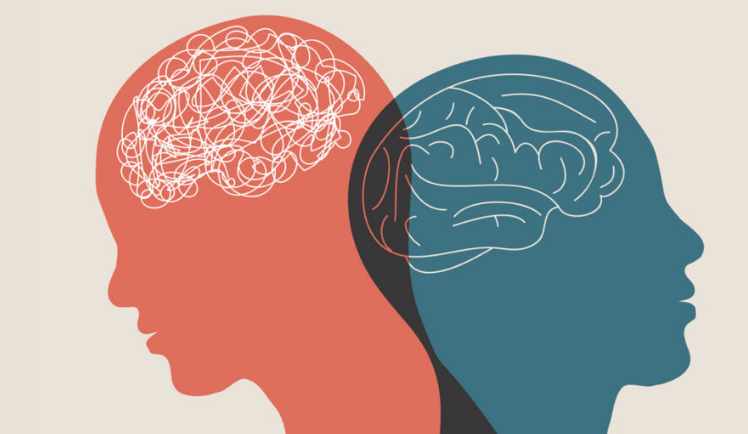
image credit- shutterstock
Researchers at the University of Otago in New Zealand are recruiting for a novel trial, combining use of the drug ketamine with a proven form of psychotherapy, in the hope that people with treatment-resistant depression can stay well for longer.
The study is seeking 60 patient recruits from Christchurch and Dunedin for whom regular anti-depressant therapy has repeatedly failed, so-called “treatment-resistant depression”.
Half the participants will receive an eight-week course of ketamine alone; the other group will receive ketamine in conjunction with Behavioural Activation Therapy (BAT).
Study investigator Dr Ben Beaglehole, a Senior Lecturer in the Christchurch campus’s Department of Psychological Medicine, says while injectable ketamine has a lot of promise as an anti-depressant, the drug’s positive effects are, unfortunately, only short-term.
The ketamine in this trial will be given in a tightly controlled setting to minimise concerns about its abuse potential, alongside concerns it can lead to bladder issues and possible memory side effects.
The three-year Health Research Council of New Zealand study is seeking volunteers aged 18 to 65 with treatment-resistant depression, people for whom two different types of anti-depressant medication, used at the correct dosage for more than 6 weeks, have not worked.




